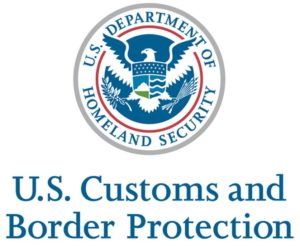UNITED STATES—Customs & Border Patrol Agents (CBP) arrested over 7000 illegal immigrants at the Yuma, Arizona port of entry.

During the March 5 press conference, CBP Assistant Commissioner for Public Affairs, Andrew Meehan, spoke about the numbers of immigrants who infiltrated the border in the month of February.
A total of 76,103 illegal immigrants were apprehended including both individuals inadmissible at the ports of entry and those in between ports of entry; a 31 percent increase since January 2019.
Of the 76,103 immigrants apprehended, 7,249 were unaccompanied children, and 40,385 were family unit aliens.
Chief of Operations, Brian Hastings explained the significant increase in apprehensions, with children outnumbering single adult apprehensions. The majority of immigrants attempting to cross the border are coming from the northern triangle which includes Guatemala, El Salvador, and Honduras, Hastings noted.
Hastings indicated that the increase in those traveling in large groups consisted of 100 or more people. Seventy of these groups traveled together toward the U.S. border in the last fiscal year of 2019. This number is up from the 13 large groups that traveled together in 2018 and the two groups in 2017. He reported that the detention facilities built in the 1980s are not suitable for the change in the demographics of the influx of immigrants they are processing today.
“We are currently facing a humanitarian and national security crisis along our southwest border. The vast increases in families and children coming across our border, in larger groups, and in more remote areas, presents a unique challenge to our operations and facilities, and those of our partners, including the NGOs who work to assist these individuals and families throughout their immigration proceedings,” said CBP Commissioner Kevin K. McAleenan.
“This is why I am working with our government partners and have identified additional funding for humanitarian resources in the field, including expanded medical protocols, and the addition of a more appropriate central processing center to handle the increased volumes of family units and unaccompanied minors.”
Commissioner McKeenan spoke of the prospective plans for a Centralized Processing Station (CPC) in El Paso, Texas to better care for those detained at the border while awaiting disposition by Immigration and Custom Enforcement (ICE) or placement by the U.S. Department of Health and Human Services.
Written By Sharon Stice






